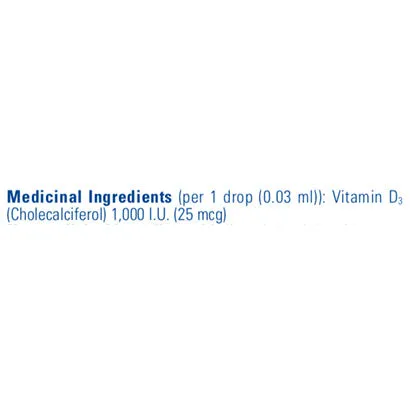In addition to the well-known role of vitamin D in maintaining bone health, evidence from recent years are accumulating in favor of its importance in the functioning of the immune system. The association between vitamin D deficiency and autoimmune diseases has been supported by epidemiological studies, demonstrating higher prevalence of vitamin D deficiency among autoimmune patients, in comparison to the general population. Vitamin D was also associated to various autoimmune diseases in both molecular and interventional studies; among the associated diseases are: systemic lupus erythematosus, type 1 diabetes, multiple sclerosis and others.
Vitamin D is important for the function of immune cells, and increased susceptibility to infection is one of the hallmark signs of deficiency. Decreased exposure to sunlight, a vegetarian diet and a low intake of vitamin D-fortified foods often contribute to inadequate vitamin D levels.
Vitamin D can have a powerful impact on mood and can aid in the prevention of conditions like depression and anxiety.
Vitamin D plays an integral role in bone metabolism. In addition to increasing calcium absorption, vitamin D is also involved in the metabolism of phosphorus, another key mineral that supports bone health.
Pure encapsulations bioavailable, liquid formula dispenses easily and provides 1000IU of vitamin D per drop.
REFERENCES:
- Azrielant S, Shoenfeld Y. Vitamin D and autoimmune diseases. Indian J Rheumatol 2017;12:219-22
- Aranow C. Vitamin D and the Immune System. Journal of Investigative Medicine 2011;59:881-886.
- Jorde R1, Sneve M, Figenschau Y, Svartberg J, Waterloo K. Effects of vitamin D supplementation on symptoms of depression in overweight and obese subjects: randomized double blind trial. J Intern Med. 2008 Dec;264(6):599-609.
- Bener A1, Saleh NM2. Low vitamin D, and bone mineral density with depressive symptoms burden in menopausal and postmenopausal women. J Midlife Health. 2015 Jul-Sep;6(3):108-14.













